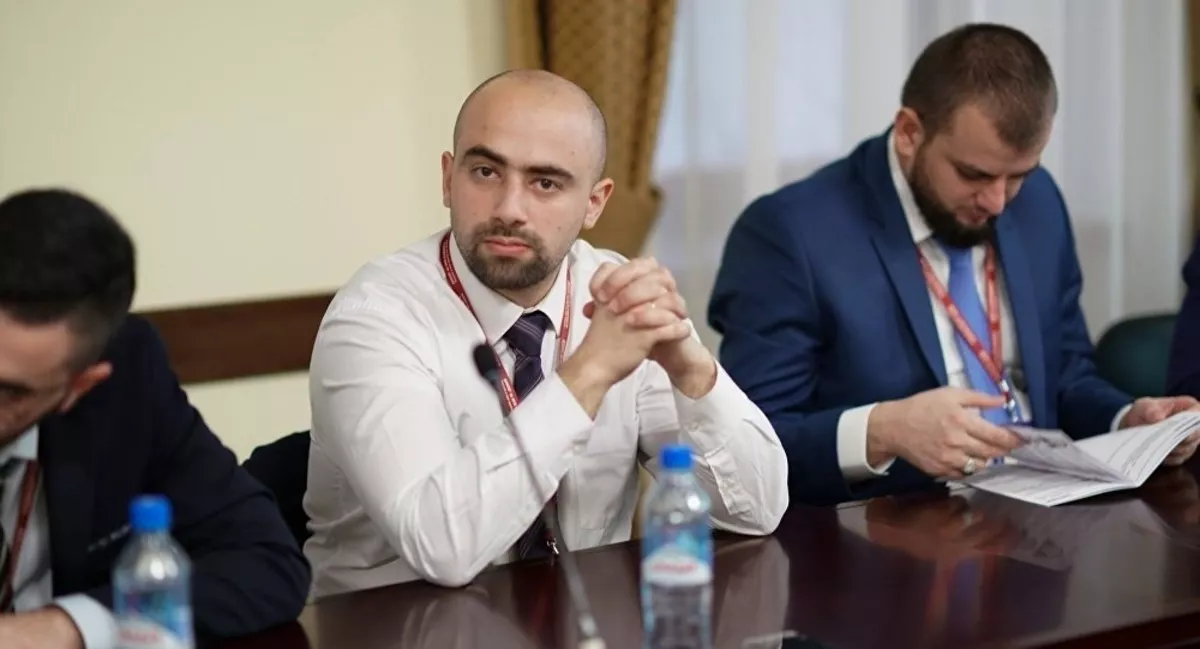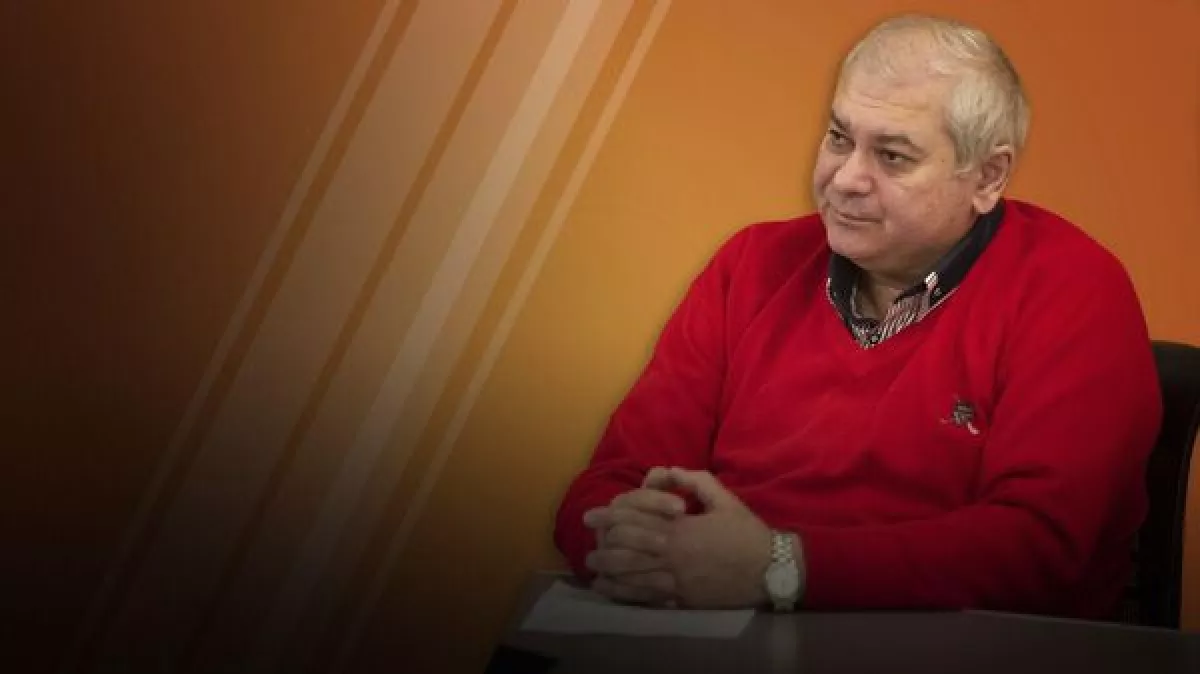Georgian Dream faces growing EU pressure Expert opinions on Caliber.Az
The European Union continues to try to change the democratically elected government of Georgia, according to the country's Foreign Minister, Maka Bochorishvili. She recently stated that the "Brussels bureaucracy" has refused to engage with Georgian officials, which, in her view, could be a tactic to instigate changes within the country. Bochorishvili emphasized that the Georgian government will not succumb to "blackmail and manipulation attempts." The foreign minister also reiterated that EU membership aligns with Georgia's national interests, but stressed that this goal can only be achieved through dialogue. "If Brussels continues to ignore the democratically elected government of Georgia, the integration process will suffer," Bochorishvili warned.
As is known, Prime Minister Irakli Kobakhidze stated at the end of 2024 that Georgia's EU integration process has been extended by five years. How do these prospects now look in light of the current global political landscape and the statements made by Foreign Minister Bochorishvili? Could it be that the Georgian authorities may gradually conclude that being part of the EU is not so essential if the country is capable of ensuring basic rights and freedoms within itself?
Prominent Georgian commentators discussed this issue in conversations with Caliber.Az.
According to political analyst and founder of the SIKHA Foundation research centre, Archil Sikharulidze, the problem lies in the fact that for the past 20 years, Georgian society and even political elites have been led to believe that without Western integration, Georgia would not hold much significance, and that Georgia cannot exist outside of Western integration.

"And this is why we have witnessed the emergence of a generation, including within the political sphere, that struggles to understand how Georgia can develop along multiple paths while still aspiring to a bright European future. The crisis in relations between Europe and Georgia—mirrored by similar tensions with the United States—highlights that European and Western interests do not always align with Georgia’s own. It has become evident that the Georgian government can maneuver and, importantly, communicate with the Georgian people in a way that makes them understand: there are Georgia’s interests, and there are Europe’s interests.
The rise of Donald Trump to power demonstrated the relevance of this mindset, which can also be seen as pro-Western. The Georgian Dream saw in Trump a hope that, at last, the Western pressure on Georgia and the strategy of confronting Russia in this manner might finally subside," said the researcher.
It is now clear, he noted, that the Georgian opposition is trying to gain support only from Brussels, because there is no longer support from America.
"Against this backdrop, there is one group of politicians in Europe who believe that Georgia should become the battleground for interests between Trump and Brussels.
And there is a second group of politicians, like Fico and Orbán, who think that Georgia should be excluded from the formula for delivering a strategic defeat to Russia. Everyone is waiting to see what Brussels will decide.
So far, the Georgian opposition and the so-called civil sector are in shock because their main source of funding and support—America—has disappeared and stopped backing them. Against this backdrop, the Georgian Dream can, of course, afford to do a lot, and it is now actively engaged in legislative work to prevent Brussels (should it desire) from continuing to fund protests and rallies," Sikharulidze explained.
As stated by political science professor and honorary journalist of Georgia, Badri Nachkebia, the ruling party Georgian Dream is currently under special pressure from EU structures.

"Threats, sanctions—all of this is in Brussels’ arsenal against the current Georgian government. But, one way or another, Georgia, thanks to its policy, has managed to carve out its own special place in the region and in the post-Soviet space as a whole. And indeed, we are now witnessing many processes, one of the key ones being that relations between Russia and Georgia have become, at least in economic terms, warmer, and the threat that has always come from the north is no longer really noticeable. According to many experts, the country was effectively saved from getting involved in a military conflict with Russia thanks to the current authorities.
The opening of a second front has been discussed more than once; it has always been a central contradiction between the West and Georgia," the professor says.
But now the situation has changed dramatically, after everyone saw the new policy of the Trump administration toward the European Union and Ukraine, he noted.
"I think the main task that the Georgian authorities now face is somehow waiting, without a serious upheaval, for the time when the Trump administration will turn its attention not only to Georgia but to the entire South Caucasus. A lot will depend on this. Let’s not hide the truth—Biden’s administration imposed sanctions on many Georgian government officials and politicians, primarily from the ruling Georgian Dream. And most likely, the current shift in Washington’s policy will play a decisive role in determining the path Georgia will take in the future. And the issue of Georgia’s geopolitical orientation will not be put on the back burner by our authorities. So, it’s time to wait," concluded Nachkebia.








